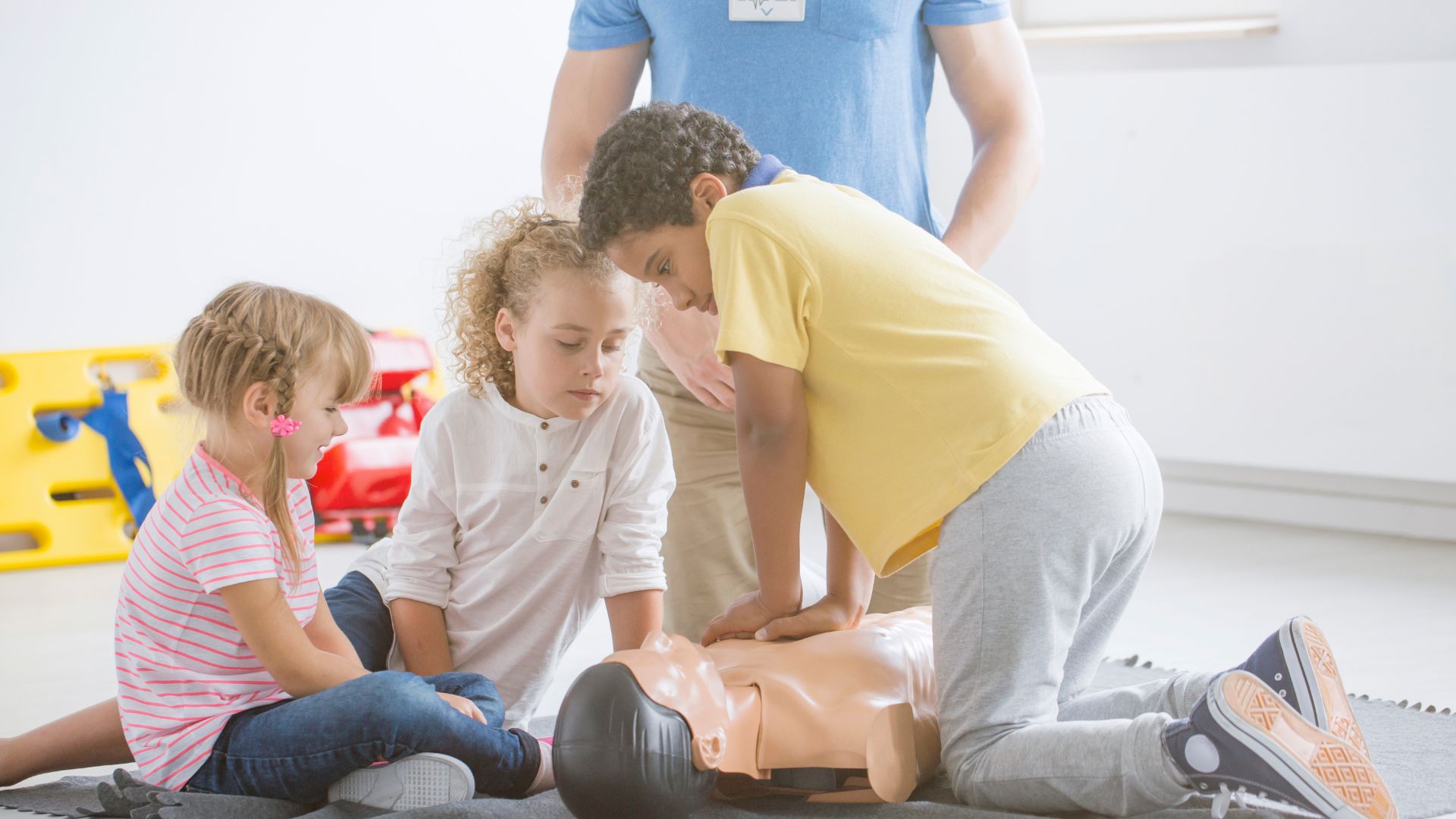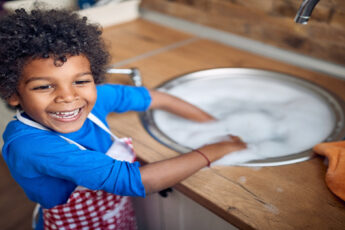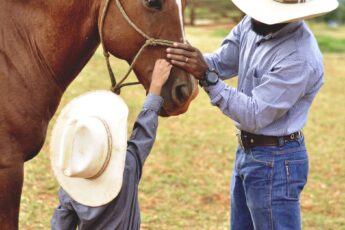Cardiopulmonary resuscitation (CPR) is an essential skill that can save the lives of individuals whose hearts have stopped beating. However, knowing when kids should start learning CPR training isn’t so straightforward. It’s essential for people from all walks of life to understand the importance of this life-saving skill and the differences in CPR techniques across various age groups. This post aims to empower parents, educators, and caregivers with vital knowledge to equip the younger generation with this essential skill.
The Ideal Age for Kids To Start CPR Training
According to the American Heart Association and several studies, children as young as nine years old can learn and retain CPR training. This age group has shown a remarkable ability to correctly administer CPR after undergoing hands-on training, thus making them competent first responders in emergencies.
Importance of CPR Training for Children
CPR training is not just for adults. Teaching children CPR can have a significant impact on survival rates in emergencies. Responding effectively in a crisis can mean the difference between life and death. Moreover, it fosters a sense of responsibility and empowers them to act promptly and confidently in emergencies.
Adult vs. Pediatric CPR: Understanding the Differences
The method of performing CPR varies depending on the age of the individual. For instance, infant CPR is performed differently than child or adult CPR. It’s critical for children learning CPR to understand these differences to ensure they apply the correct technique if they ever find themselves in an emergency situation.
The Role of Certification in CPR Training
There are many benefits to becoming CPR-certified. Upon successfully completing a CPR course, students receive a certificate that will remain valid for two years. This certification serves as proof of their competence in performing CPR and can be a valuable addition to their skill set.
The Impact of Early CPR Training on Children’s Skills
Studies have shown that early CPR training significantly enhances children’s ability to perform effective chest compressions and ventilation. Early training enables children to develop confidence and proficiency in these life-saving skills over time.
Ensure Your Kids Know How To Respond in Emergencies
Starting CPR training at a young age equips children with a crucial life-saving skill. Not only does it make them competent first responders, but it also instills a sense of responsibility and empowers them to act promptly in emergencies. As parents, educators, and caregivers, it is our duty to ensure our children are prepared to face any situation, and knowing when kids should start CPR training is an excellent step in this direction.








Leave a Reply